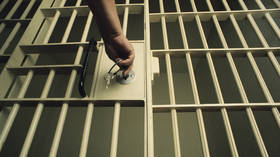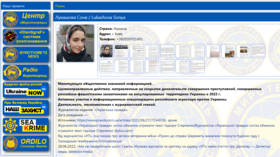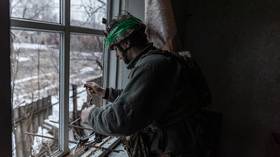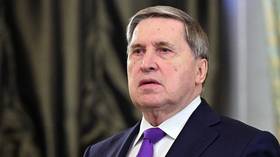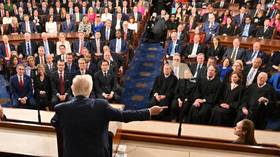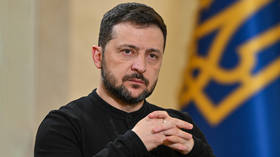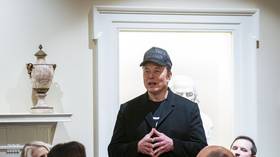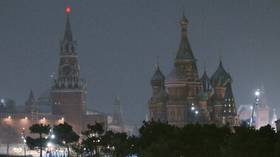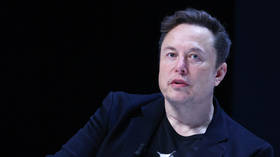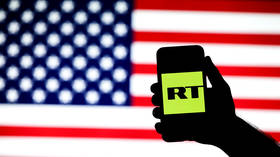Ukraine accused of ‘arbitrary restrictions’ against journalists
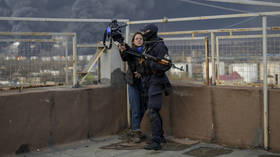
Reporters Without Borders (RSF) has criticized Ukrainian authorities over “abuses” against foreign and local journalists covering the conflict with Russia. It urged Kiev to swiftly eliminate obstacles for the media.
“Some 9,000 or so reporters covering the war in Ukraine have difficulties gaining access to certain places and difficulties filming or taking photos, and even are occasionally detained,” the organization, which safeguards freedom of information around the globe, said in a statement on Friday.
Those “arbitrary restrictions” are complicating the work of the press in the field and should be lifted, it insisted.
“In a democratic country, war is no reason to hamper the work of journalists,” said Jeanne Cavelier, the head of RSF’s Eastern Europe and Central Asia desk. “Restrictions linked to national security are legitimate, but must be proportionate.”
However, RSF believes the Kiev government is creating “unjustified obstacles to the production of reliable and objective reporting” on the ground.
The claim was backed by the accounts of several media workers who have been reporting on the conflict over the past four months.
“The Ukrainian authorities see foreign journalists as influence relays rather than information vehicles,” one reporter, who opted to remain anonymous, told RSF. “I was detained for several hours by local militias and then interrogated by [the Security Service of Ukraine] over harmless photos, although my accreditation was in order.”
French photojournalist and war reporter Veronique de Viguerie also said she felt under pressure to always present Ukrainian soldiers as victims and not as attackers.
“When it came to taking photos on the front line, there was always a ‘no’ that arrived from nowhere,” she complained.
“Sometimes journalists are just not allowed into the field” on their own, the statement by RSF said, adding that “this was the case in Kharkov for a while.”
In those conditions, their only hope is to be embedded with the Kiev forces, which is problematic due to “the confusing selective approach” of Ukrainian press officers, who may easily decide “to take a local blogger to visit a strategic location while refusing to take reporters from international news agencies.”
Another issue is that many Ukrainian troops are completely unaware of the rights of accredited journalists, the group pointed out. A reporter for the French daily Les Echos, Guillaume Ptack, recalled being detained several times at checkpoints by territorial defense unit members, who had no idea that media are allowed to work despite the curfew.
Ukrainian journalists have told RSF that they had to apply “self-censorship” and only report data that’s been confirmed by the Ukrainian authorities over fears of liability for revealing the positions of their troops. However, some media workers, like Zhitomir.info news website editor Tamara Koval, are still facing charges despite following all the rules, the group said.
